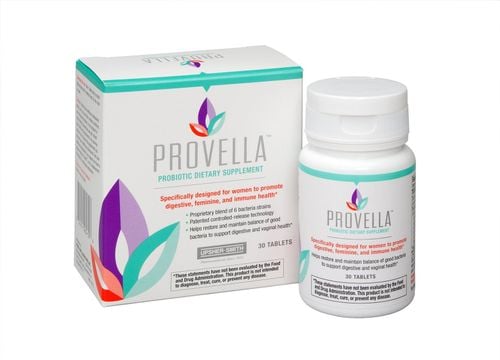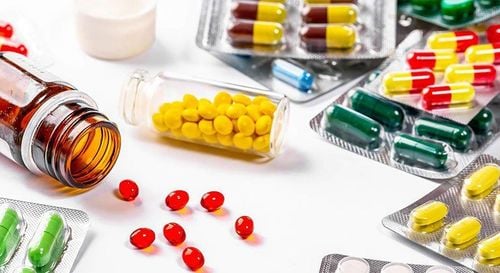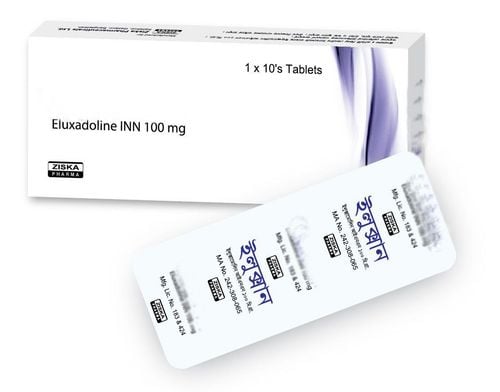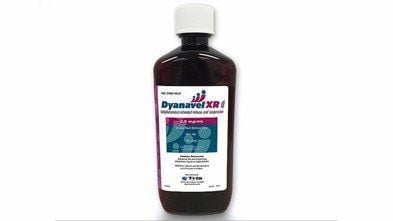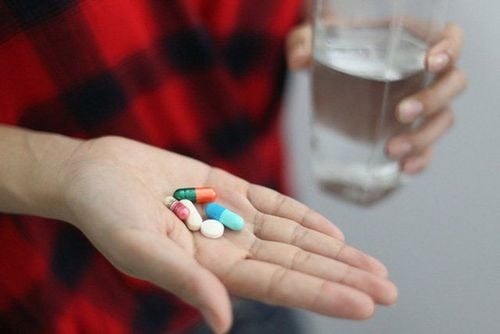This is an automatically translated article.
Patients with irritable bowel syndrome frequently experience abdominal pain and bloating, constipation and/or diarrhea. This condition is not only uncomfortable physically, but also greatly affects the patient's psychology, even leading to depression.
1. Irritable Bowel Syndrome IBS
Irritable Bowel Syndrome (IBS) is a digestive disorder characterized by abdominal pain and changes in bowel habits but without physical damage. Since its discovery in 1892, this syndrome has been called by many different names, including spastic colon, irritable colon,...So far, irritable bowel syndrome has been a diagnosis of exclusion due to the absence of specific peristaltic or structural disturbances. This pathology is primarily clinically determined, the criteria to distinguish it from other intestinal diseases are as follows:
Abdominal pain accompanied by more frequent and/or looser bowel movements Pain relief after bowel movements Fullness gas Some patients have a feeling that the bowels are not clean. To diagnose irritable bowel syndrome, a patient must have a change in bowel frequency, stool form, and bowel pattern at least 3 days/month for the last 3 months, along with abdominal distention or bloating. .
Irritable bowel syndrome is a chronic and relapsing condition, but does not increase mortality or increase the risk of ulcerative colitis or colon cancer. The consequences of changing bowel habits can be disruptive to a patient's life, for example leaving them out of work and making it harder for them to get a promotion. The cause of IBS is still unknown, so there is no specific way to prevent it completely. In general, doctors often advise patients to avoid stress and find an appropriate way to deal with symptoms of illness on a case-by-case basis.
2. The relationship between depression - digestive disorders
Currently, medical professionals are still determining the pathophysiological association between psychological factors and irritable bowel syndrome. However, in fact, patients with psychological disorders often have IBS more often with more severe severity. In contrast, people with irritable bowel syndrome have higher rates of panic attacks, major depression, anxiety disorders, and paranoia.
In approximately 77% of IBS patients, gastrointestinal discomfort often coincides with psychiatric disorders such as depression, anxiety, bipolar disorder, ADHD in children, autism, anorexia nervosa, bulimia, and schizophrenia. In addition, research has demonstrated that the rate of people with IBS experiencing physical and sexual abuse is quite high. However, it is still not possible to conclude whether such psychological factors promote the development of IBS or vice versa.

Trầm cảm và hội chứng ruột kích thích có sự liên quan đến nhau
3. Treatment and prevention of depression and digestive disorders
Regarding the lifestyle, patients need to eliminate stress in life because both physical and mental stress can make the symptoms of irritable bowel syndrome worse. The most effective way to actively reduce stress is to exercise regularly. If this good habit is maintained regularly, the patient's spirit will be more comfortable, and the normal contractions of the intestines will also be stimulated. In addition, patients can also find ways to relax through subjects such as meditation, yoga or tai chi.
It is important that when diagnosed with IBS, the patient needs to develop and immediately follow a scientific eating plan. Do not eat a lot of greasy fats to avoid strong colon spasms, cramps and diarrhea. It is also necessary to limit foods that cause gas and bloating every day such as carbonated drinks and some vegetables (cabbage, cauliflower, broccoli...).
Instead, patients need to add more fiber with whole wheat bread, cereals, beans, fruits and vegetables suitable to avoid constipation as well as relieve digestive symptoms. You can add probiotics to the menu by eating 1-2 cups of yogurt per day, taking probiotics containing probiotics...
In case the symptoms persist, the patient can use more fiber supplements, laxatives, anti-diarrheal, antispasmodic to reduce pain... In particular, people with symptoms of depression and digestive disorders should discuss with their doctor for a prescription. Antidepressants.
Follow Vinmec International General Hospital website to get more health, nutrition and beauty information to protect the health of yourself and your loved ones in your family.
Please dial HOTLINE for more information or register for an appointment HERE. Download MyVinmec app to make appointments faster and to manage your bookings easily.





